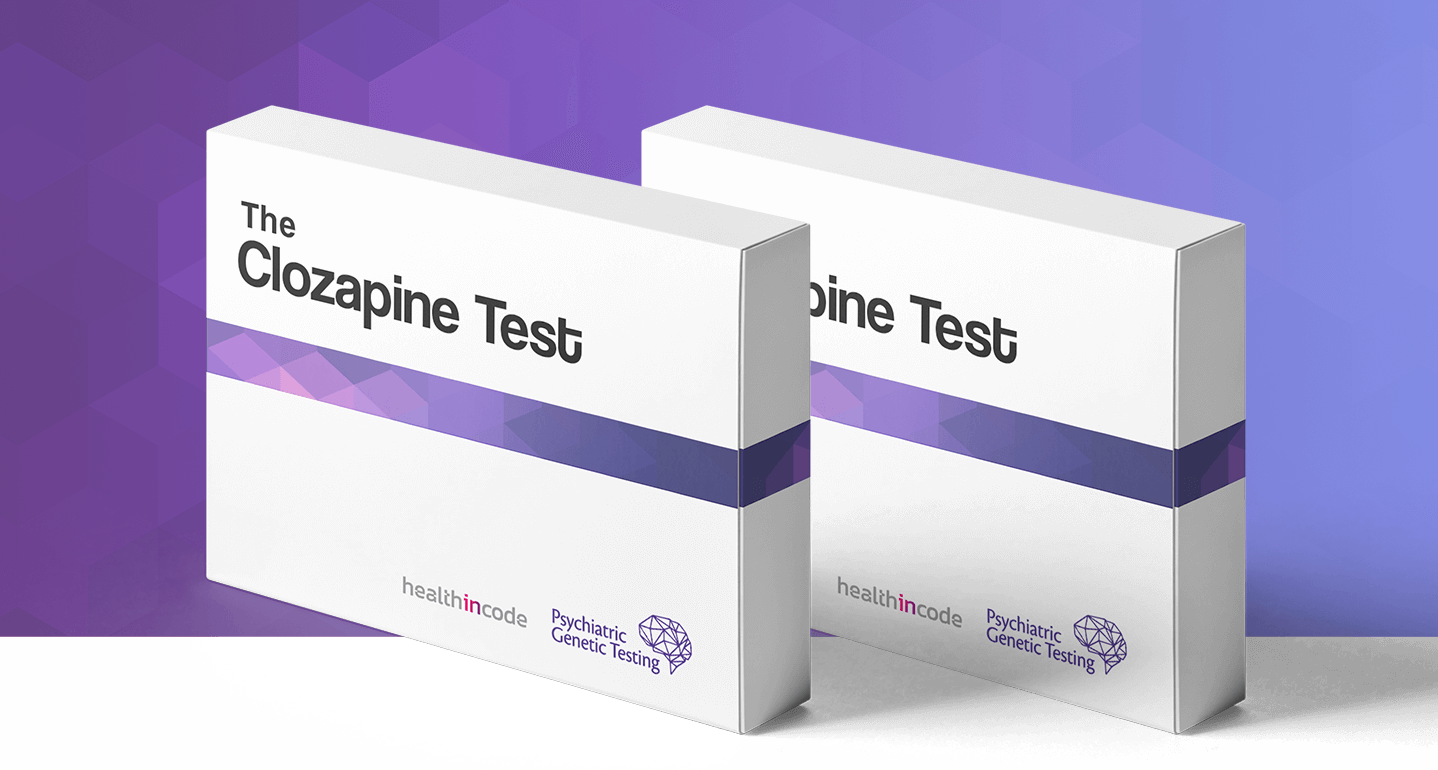The Clozapine Test

Who is this test for?
All people for whom clozapine is being considered plus:
- Current clozapine patients whose BEN status is unknown.
- Current clozapine patients who cannot achieve a therapeutic level despite high dose clozapine.
- Inadequate response to treatment despite the sequential use of adequate doses of at least 2 different antipsychotic drugs: at least 1 of the drugs should be a non-clozapine second-generation antipsychotic
In addition, patients already receiving clozapine:
- Patients with only a partial treatment response
- Patients where neutrophil counts necessitate interruption of treatment
- Patients with possible benign ethnic neutropenia but their status is uncertain
Although the benefits of clozapine are widely recognised, every individual decision to prescribe clozapine involves a number of questions:
- How likely is my patient to respond?
- The average risk of agranulocytosis is about 1 in 250. Some patients have higher risk than others. How do I know the level of my patient’s risk?
- Apart from trial and error, how do I know what dose to aim for in my patient?
With The Clozapine Test, before making the decision to prescribe, clinicians can be more certain about:
- The likelihood that an individual patient will respond to treatment
- Whether an individual is at high or low risk for agranulocytosis and whether or not they have Benign Ethnic Neutropenia
- The starting dose and the optimal target dose
How does the test work?
- Treatment response: three independent genetic variants are analysed and inserted into a mathematical model to predict how likely a person is to respond to clozapine.
- Agranulocytosis risk: a number of genetic variants that are linked to high risk for neutropenia and agranulocytosis are examined. We test for a single genetic variant to determine benign ethnic neutropenia status.
- Target dose: the function of four metabolising enzymes is evaluated to predict a target dose for clozapine.
The results
Response
We will give an estimate of the likelihood of response to clozapine as a percentage, with an indication of the range of values in which the true figure must lie.

Agranulocytosis
We will determine the risk of agranulocytosis within the range of 0.3% to 20%.

Benign Ethnic Neutropenia
We will give BEN status based on the genetic profile (as opposed to the standard method of estimating status using a blood count history).
Dose
We will detail the starting dose of clozapine and the dose likely to give therapeutic plasma concentrations.
If you’d like to find out more, or book a test today, simply call us now on:
+44 (0) 20 8387 1333, email us or request a call back.
